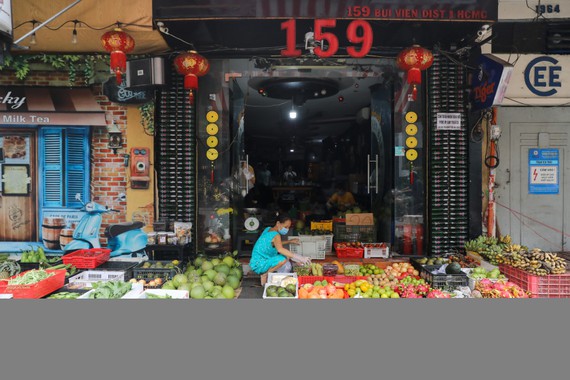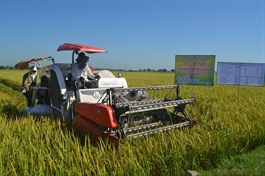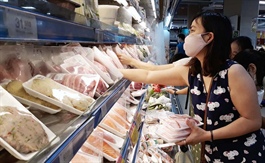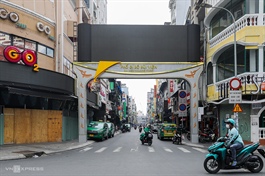Bui Vien Street: Beer, whisky make way for veggies, fruits
Bui Vien Street: Beer, whisky make way for veggies, fruits
Several bars and beer parlors on Saigon’s iconic backpacker street have responded to prolonged Covid-19 business restrictions by switching to selling vegetables, fruits and other farm produce.
Ảnh minh họa. |
Along the 700-meter Bui Vien Street, the city’s busiest night-time hotspot for both foreign tourists and locals, a dozen or so bars serving beer and other liquor have switched to selling vegetables and fruits over the past month.
HCMC, the epicenter of the fourth coronavirus wave, has shut down all bars, karaoke parlors and non-essential services since May.
A high vaccination rate and a shift from a zero-virus strategy to living with the pandemic have enabled the city to lift most restrictions and resume certain activities since October 1, but non-essential services like bars, beer clubs and karaoke parlors remain closed.
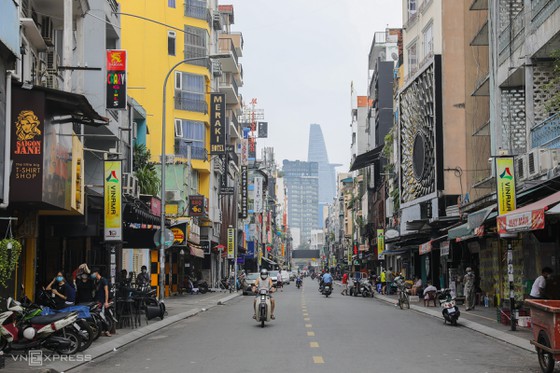 |
Bui Vien, dubbed "Saigon beer street," is closed to vehicles on weekends. Highly popular with both foreign tourists and locals the street used to bustle with bars and pubs, loud music, flashing lights, all manner of street food and thousands upon thousands of people.
Since the pandemic broke out in Vietnam last year, city authorities have ordered bars, karaoke parlors and beer clubs to close several times as a Covid-19 containment measure, leaving business owners in dire financial straits.
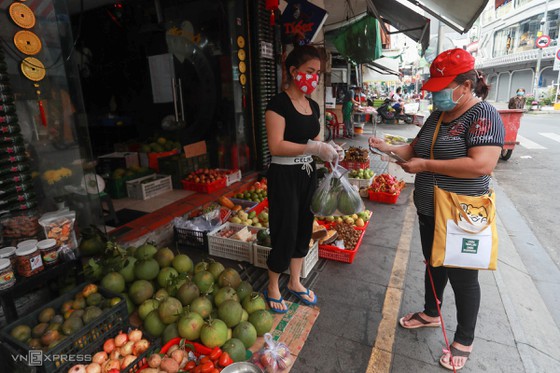 |
At the corner of Bui Vien and Do Quang Dau Street, a woman buys some pomelos.
"This place used to be a crowded beer shop day and night. After a few months of closure due to the pandemic, the shop owner could not bear it anymore and has switched to selling vegetables and fruits for nearly two weeks to cover daily expenses," an employee said.
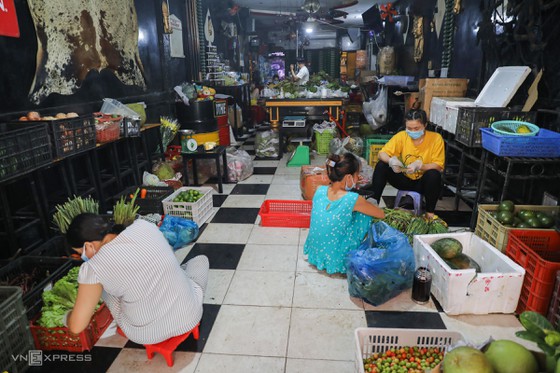 |
Inside the 40-square-meter shop, tables and chairs for customers to sit and drink beer have been removed. The space is occupied by fruit crates and vegetable baskets.
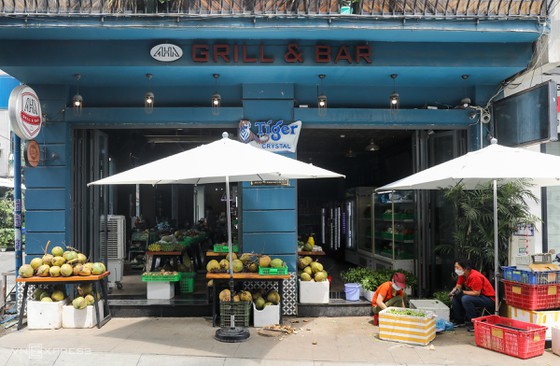 |
The AHA Grill & Bar, a popular address for foreign tourists, has also turned into a vegetable and grocery store. The bar has two floors and its ground floor, an area of about 70 square meters, is used to sell vegetables, frozen fish, meat and other essential items.
The shop operates from morning to evening with just four employees.
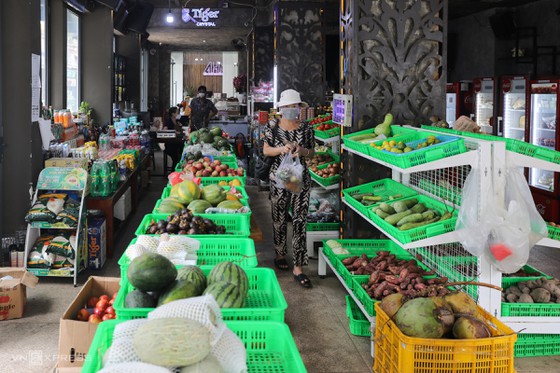 |
"Vegetables and fruits are mainly bought from Da Lat and sold at the same price as traditional markets. The rentals are very high and incomes from selling vegetables is still not enough to make a profit, but this is the only way to survive,” said manager Le Thi Thanh Hoa.
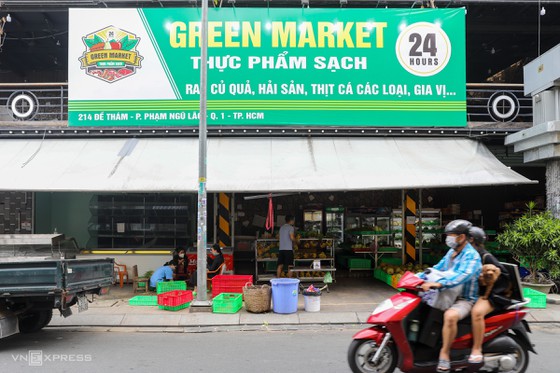 |
At the corner of De Tham - Bui Vien Street, a bar has been renovated into a food store selling vegetables, meat and seafood.
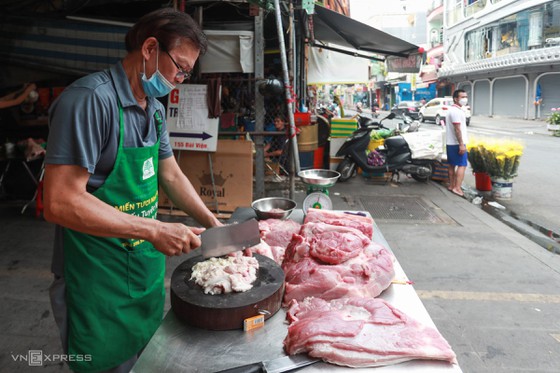 |
From a chef specializing in pho (Vietnamese noodle soup), Nguyen Si Hoi has switched to selling pork for nearly a month.
"I have been selling pho on Bui Vien for more than 20 years. I have never imagined a scene like this, with shops closed for such a long time. I still have to pay my rent, so I have to find ways to overcome the difficult period," he said.
Restaurants and dining establishments have been allowed to reopen but only provide takeaways.
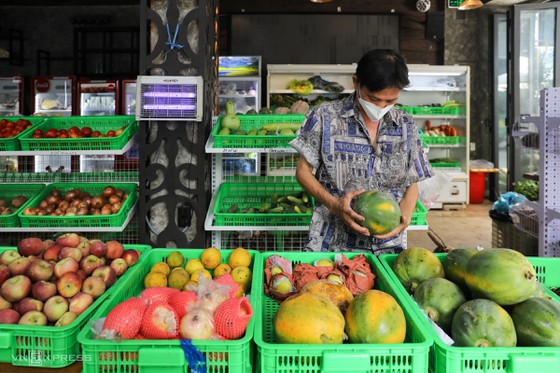 |
A man selects a papaya at a shop on Bui Vien Street.
Most owners of bars and beer clubs said they will try to sell vegetable and fruits to earn some income while they wait for the government to allow non-essential services to resume operations.


